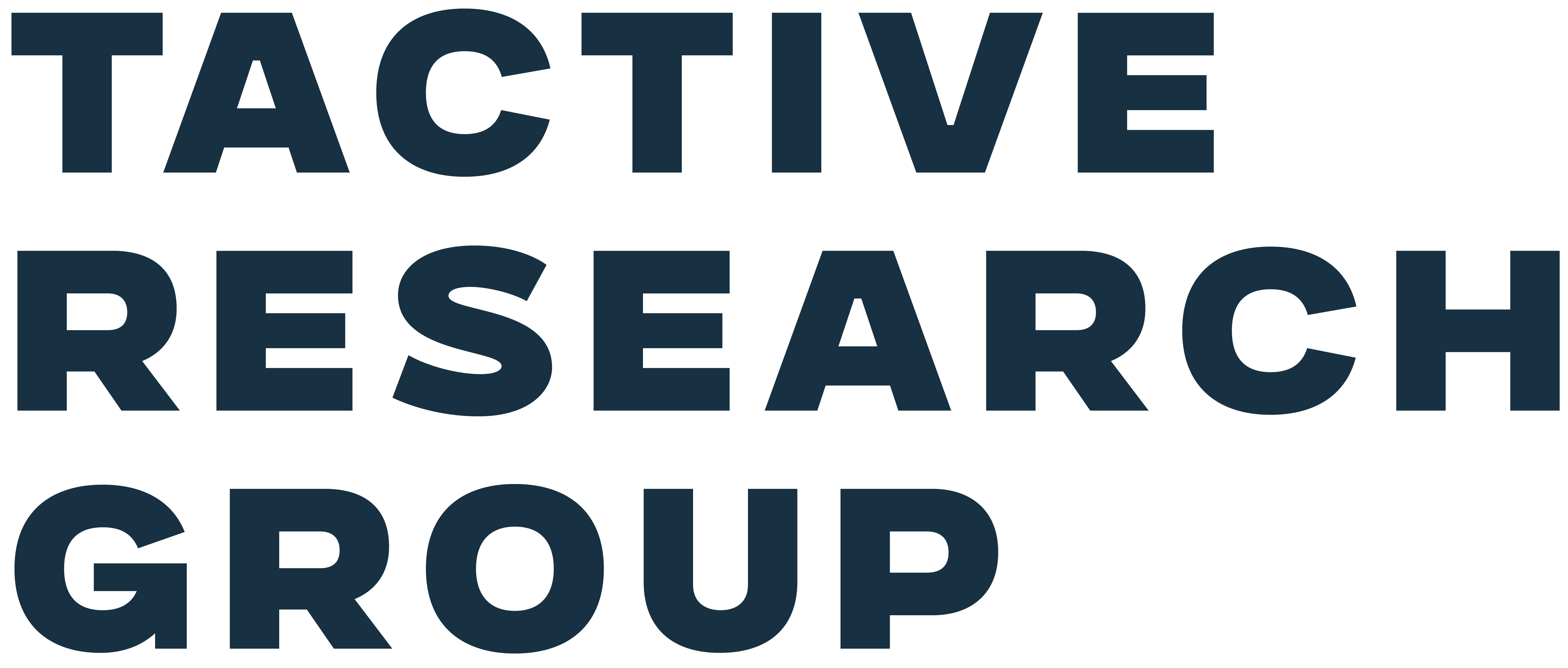In the last decade, many new laws and regulations have been introduced to protect the data, rights, and privacy of users in online spaces. Regulations such as the General Data Protection Regulations (GDPR) in Europe, the Lei Geral de Proteção de Dados (LGPD) in Brazil, and the California Consumer Privacy Act (CCPA) in the United States have set new standards for data protection and user privacy. We are now seeing the impact of the Digital Markets Act (DMA) introduced by the European Commission (EC). The DMA aims to level the playing field of how core platform services compete in the European digital market. With the DMA, the EC aims to regulate the digital space by ensuring fair competition, protecting user data, and maintaining integrity in the digital market environment. IT managers of Small and Medium Enterprises (SMEs) should …

